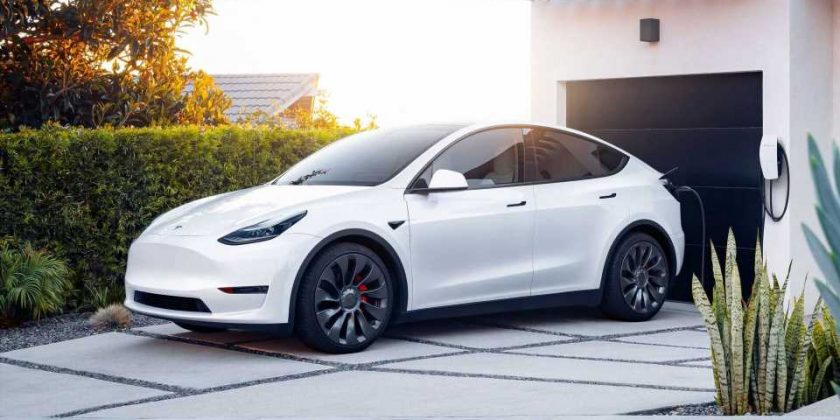EV sales are rising in a big way this year. According to Experian data shared by Automotive News, legacy automakers and startups saw a whopping 56 percent of EV sales growth from January to July 2022 in the US. That’s a total of 22 brands accounting for nearly 135,000 registrations and combining to make up a 34 percent market share in the segment.
Total US EV registrations, Tesla included, grew by 55 percent year over year. As of July 2022, some 4.9 percent of new US vehicle registrations were for electric cars. Just a year ago, that number was 2.6 percent.
Tesla still has a massive lead over all other EV makers selling cars in the US. In fact, about two-thirds of all new EV registrations from January through July were for one of Tesla’s four models. Meanwhile, since the beginning of 2021, other carmakers have launched about 15 new EVs, with eight of those coming to market in 2022 alone. It’s important to note that while Tesla is the EV sales leader, it also dominates in the luxury segment as a whole.
Tesla’s sales have grown some 55 percent year over year through July 2022, with nearly 260,000 registrations this year compared to about 168,000 last year during the same period. BMW saw an 11 percent drop during the same time, Mercedes’ registrations dropped 10 percent, and Lexus saw a 19 percent decline.
As time moves forward, many automakers are beginning to come out of the issues and delays caused by the COVID-19 pandemic, the chip shortage, and general supply chain issues. Moreover, as all automakers, including Tesla, have been raising prices, there’s an expectation that they may begin to come back down.
Many legacy automakers have been able to bring EVs to market that cost less than Tesla’s, and there’s also a new US federal tax EV credit that will have an impact on some brands more than others. Interestingly, that impact may be positive or negative, depending on multiple factors.
Tesla is having the most success with its Model Y crossover, which will set you back nearly $70,000. Competing brands are bringing electric crossover SUVs to market to compete with the Model Y, and some are less expensive, though most have been difficult to get.
Tesla isn’t the only brand making EVs in an effort to fulfill a demand that’s well beyond its production capacity. That said, Tesla is slowly beginning to chip away at the demand for its vehicles and “catch up.” The same can be said about various rivals, and some competing automakers should be able to more successfully ramp up production going forward.
Currently, Ford and Hyundai are working hard to grab up the No. 2 spot behind Tesla’s EV registrations in the US. The Blue Oval saw a 64 percent leap for the first seven months of 2022, with nearly 30,000 new EV registrations. The numbers will be better for the rest of the year thanks to the arrival and sales success of the F-150 Lightning electric pickup truck.
Hyundai is still far behind Ford, with just over 15,000 new EV registrations from January to July 2022. However, the South Korean automaker also has Kia under its wing, an automaker that sold an impressive ~14,000 new EVs during the same seven-month period. This puts Hyundai Motor Group’s total just behind Ford’s, at around 29,000.
Automotive News adds that Chevrolet realized a 53 percent drop in new EV registrations through July, Volkswagen was down 16 percent, Porsche saw a 19 percent decline, and Jaguar suffered from a 65 percent slide.
Source: Automotive News
- Share on Facebook
- Share on Twitter
- Share on LinkedIn
- Share on Flipboard
- Share on Reddit
- Share on WhatsApp
- Send to email
Source: Read Full Article

